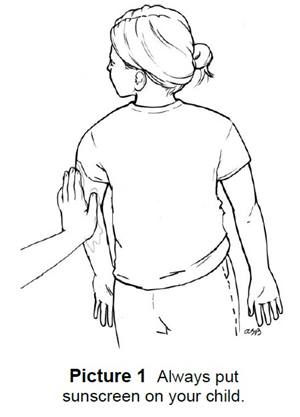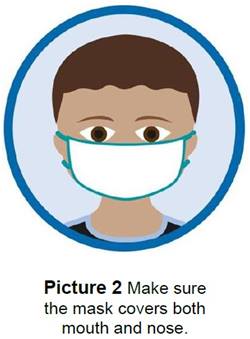Oncology: Homegoing Instructions

It’s important for doctors and health care providers to know how you’re responding to your cancer treatment. Before leaving the hospital, you’ll schedule a follow-up appointment with the Hematology/Oncology Clinic. At this visit you may:
- Have your blood drawn, get medicines, and have other tests if needed.
- You may be admitted to the hospital after a clinic visit. If you are, it’s due to the results of your lab work, physical exam, or other tests,
- Have a long visit. Don’t schedule anything else on the day of your appointment. You may need time to be given blood products or other treatments.
- See other children in the waiting area getting treatments. They may not be able to fight infections well. Do not come to your clinic appointment sick.
Medicine
You’ll likely go home with medicines. Instructions on taking your medicine will be reviewed with you before you go home. Below are ways to help keep everyone in your home safe while you’re on these medicines.
- Prescription medicines can be picked up at the hospital pharmacy or sent to a local pharmacy. You may need to get some of them through a homecare company. This can be setup by the doctor or health care provider. Ask them if you have questions about the dose, schedule, or reason for the medicines.
- Keep all medicine in a safe, secure place. It shouldn’t be easy to get into.
- If the medicine gets on skin, wash the skin right away with soap and warm water.
- Talk to your doctor or health care provider before taking over the counter (OTC) medicines like aspirin, acetaminophen (Tylenol®) or ibuprofen (Motrin®, Advil®). Also talk to them before getting any vaccines or other shots.
Chemotherapy medicines
- If someone in your home is pregnant or trying to get pregnant, do not let them handle or give chemo medicine.
- Chemo passes from your body through blood, pee (urine), or poop (stool) for the first 48 hours (2 days) after treatment. After you use the bathroom, close the lid on the toilet and flush 2 times. Flush like this for the first 48 hours after treatment.
- If your child wears diapers, wear gloves when changing them for the first 48 hours after getting chemotherapy. Change their diapers every 2 hours and as needed to keep their skin from getting irritated.
Care at Home
There are some things to keep in mind when taking care of your child or yourself at home when getting chemo or radiation therapy.
- Avoid sunburn. Always apply sunscreen with a sun protection factor (SPF) of 30 or higher on the skin before going outside (Picture 1).
- Nosebleeds – put a cold cloth on the nose. Pinch the nose holes (nostrils) together for 10 to 15 minutes. Tilt the head forward.
- Avoid being around others who are sick.
- Fever – do not give aspirin, acetaminophen (Tylenol), or ibuprofen (Motrin or Advil). Call your cancer care team for next steps.
When to Call the Doctor
Call your cancer doctor if you see:
- Signs of infection:
- Fever over 100.4° F or 38° C
- Cough
- Sores in the buttocks area
- Fussy or not feeling right
- A cut or sore that doesn't heal well
- Signs of lower hemoglobin:
- Dizziness
- Looks pale
- Easily or overly tired
Other reasons to call the doctor:
- Nosebleeds or cuts that don’t stop bleeding after applying pressure for over 5 minutes.
- Sudden increase in bruising, purplish red spots on skin, increase in menstrual flow, or blood in pee.
- Severe headaches, sudden vomiting, or change in level of alertness.
- Trouble eating or drinking:
- Mouth sores that make it hard to eat
- Trouble chewing
- Diarrhea, vomiting, or constipation.
- Exposed to chickenpox, shingles, flu, or COVID-19.
Important Phone Numbers
Hematology Clinic: (614) 722-3250, Monday through Friday, 8 a.m. to 4:30 p.m.
Nationwide Children’s Hospital Operator: On weekends, evenings, and holidays, call (614) 722-2000. Ask for the oncologist on call.
Wearing a Mask
- Always follow masking guidelines.
- Masks must cover the nose and mouth (Picture 2). It needs to fit snug against the face.
- Wear a mask when you are:
- In the hospital or walking around in the hospital.
- Around a construction zone.
- Outside around grass being mowed, or fields being plowed.
Oncology: Homegoing Instructions, Arabic (PDF), French (PDF), Nepali (PDF), Polish (PDF), Somali (PDF), Spanish (PDF)
HH-I-138 • ©1990, revised 2023 • Nationwide Children's Hospital
